'Training ground': How the Vanderbilt Divinity School is challenging the religious status quo
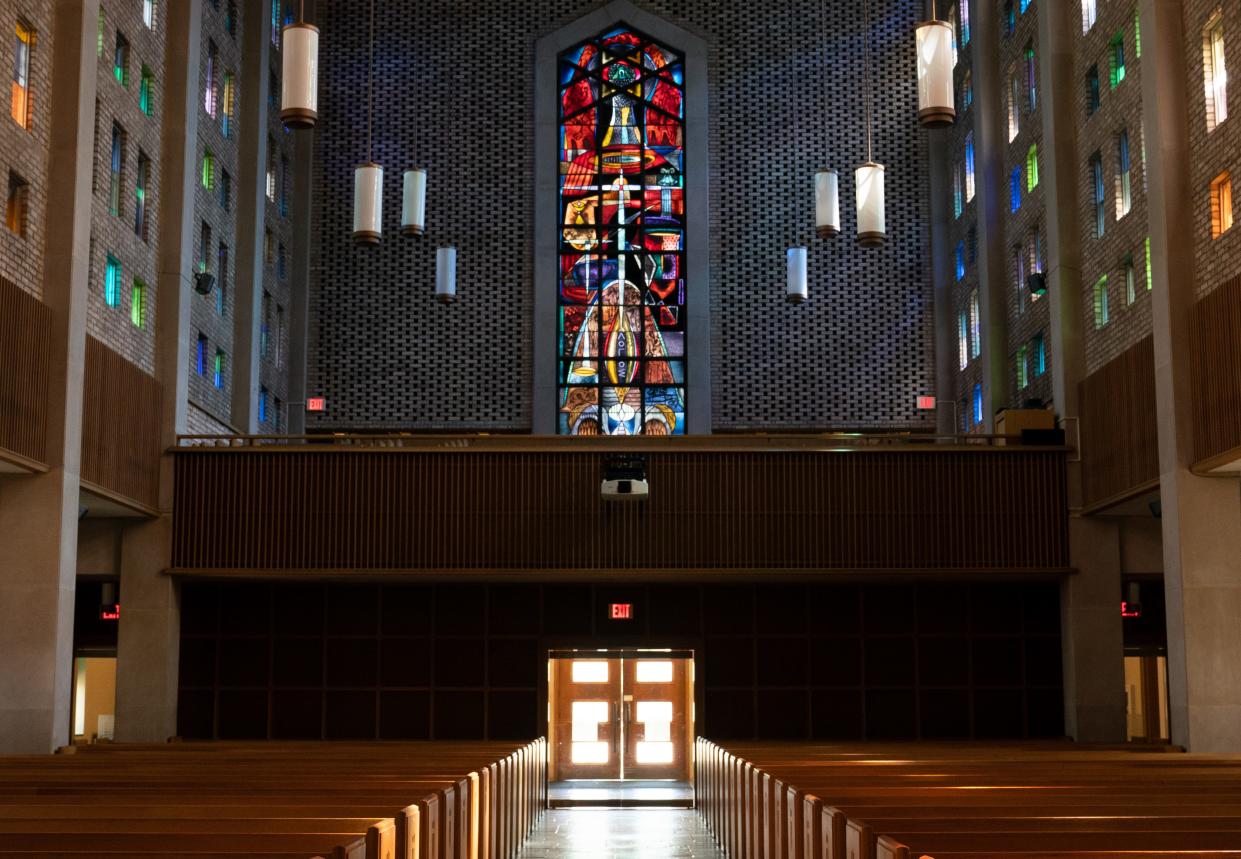
Emilie Townes was surprised to see civil rights legend Rev. James Lawson at the 2013 ceremony to install her as the new dean of Vanderbilt University Divinity School.
Townes, the divinity school’s first African American dean, asked Lawson why he was there. Lawson — a former Vanderbilt Divinity student who the university infamously expelled in 1960 for his role in lunch-counter sit-ins — answered, “to see you.”
“It was such a moment to feel like I really had his blessing,” Townes said in an interview. “And I think so highly of him.”
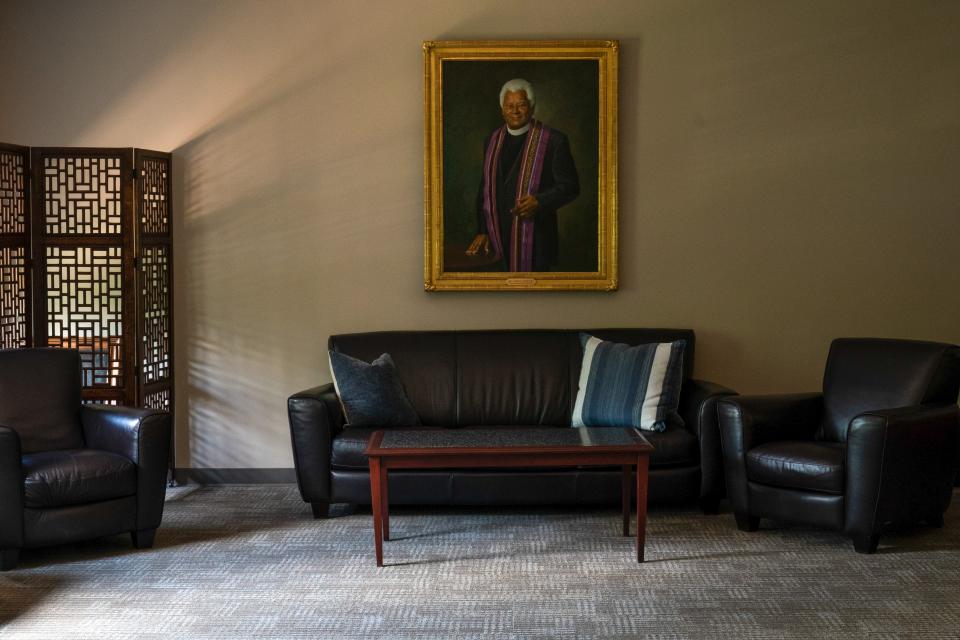
Lawson’s dismissal (known as “The Lawson Affair”) forced Vanderbilt to reckon with its institutional racism, leading to a series of administrative changes and eventually a formal apology to Lawson. That journey came full circle when Lawson approached Townes about Vanderbilt starting an institute within the divinity school for the study of nonviolence movements.
The university launched that institute last year and named it after Lawson, one of several notable achievements during Townes’ tenure as dean, which just concluded. But to Townes, that moment was also an example of the many seismic shifts that have distinguished Vanderbilt Divinity from peer institutions.
As a more progressive interdenominational theological school in the South, Vanderbilt Divinity faculty and alumni are challenging religious traditions in a region where faith leaders and elected officials are reasserting those traditional values. That work is entering a new season as a new dean, Yolanda Pierce, steps in this month.
Pierce shares a similar vision as Townes — both of whom are leading scholars in similar academic fields studying womanism, or the study of Black women’s contribution to social movements — for Vanderbilt Divinity to be a big tent while maintaining its commitment to a justice-oriented education. Both Townes and Pierce are also ordained ministers.
But how Pierce carries out that vision will differ as she draws from her unique experiences. Pierce comes to Vanderbilt from Howard University Divinity School, where she was dean and on the faculty for six years.
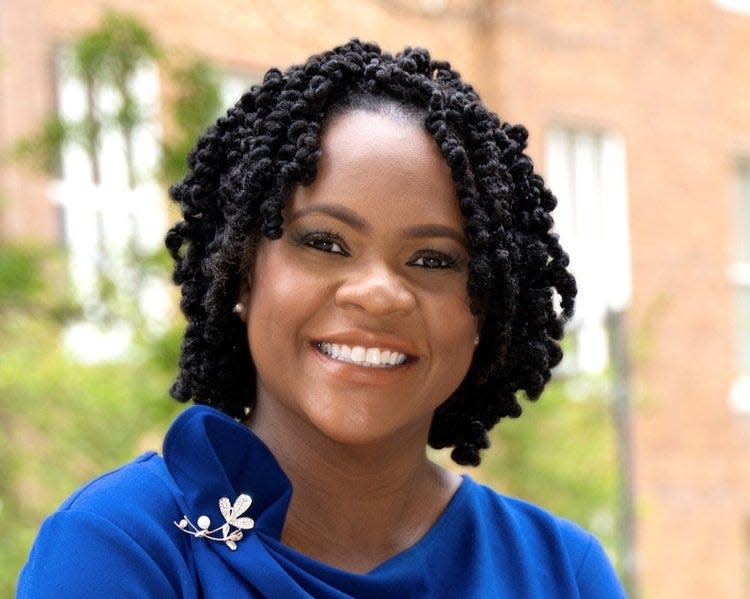
As an HBCU in a politically liberal region in Washington, D.C., Pierce said her time at Howard was different than what she expects at Vanderbilt.
“I’m really looking forward to thinking about how faith and justice operate here in the local community and even more broadly,” Pierce said.
Yet, the new dean already knows where Vanderbilt Divinity fits into that mix.
“This is the training ground where our students who leave our halls of the building, they’re going into all kinds of environments,” she said.
From strong scholarship, graduates challenge conventional religious values
Vanderbilt Divinity as an institution is rarely at odds with the surrounding political and cultural apparatus.
Rather, the friction befalls graduates who, after learning to ask critical questions about religious norms, enter a landscape largely defined by a conservative Christian ethic.
“Vanderbilt is positioned in this region of the country where there are so many other types of voices that are not looking to change anything but in fact are working hand-over-fist to either regress or keep things the same,” said the Rev. Dawn Bennett, a Nashville pastor who graduated from Vanderbilt Divinity in 2018.
After graduating and receiving her ordination with the Evangelical Lutheran Church in America, Bennett started The Table, an intentional faith community that centers the voices of LGBTQ people. “Going to Vanderbilt taught me how to bring divinity to the margins and sacredness to the margins,” Bennett said.
Townes said some examples of the research areas that have expanded at Vanderbilt Divinity in the last decade are queer studies, environmental racism and ethnic conflict outside the U.S.
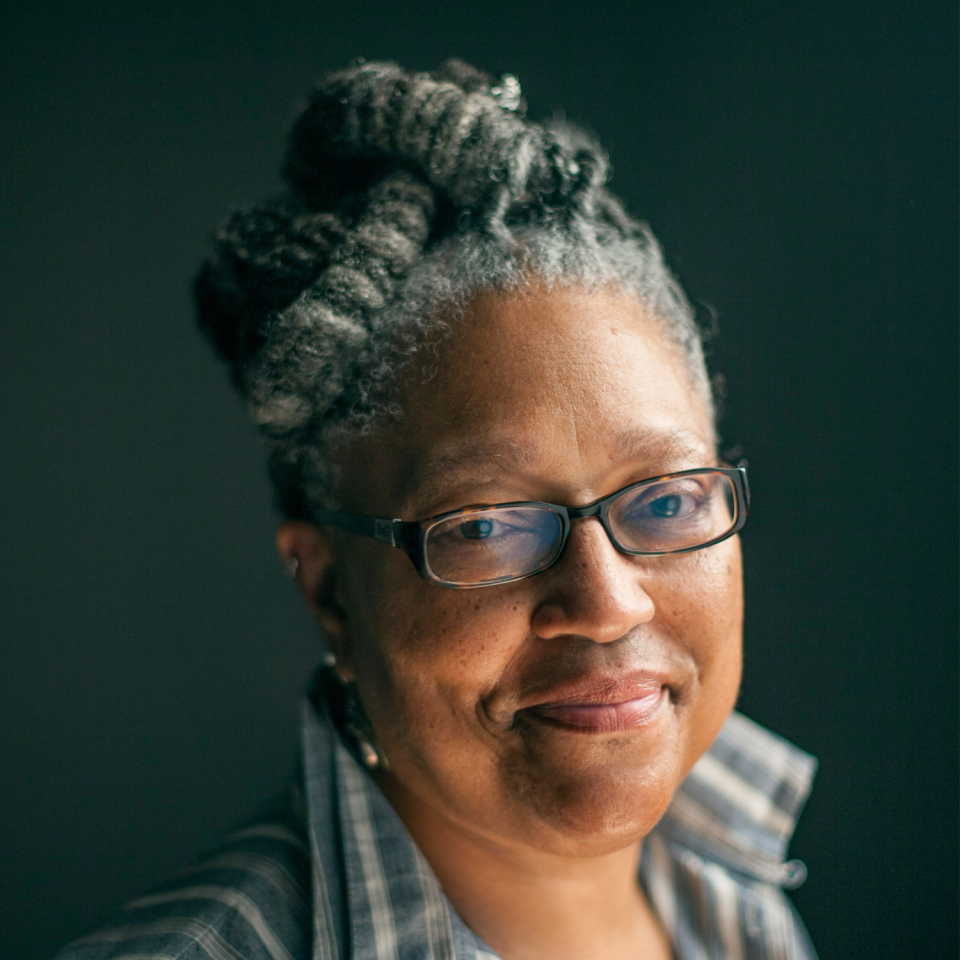
“We don’t think hearing about social issues is all about sociology or political science,” Townes said. “We see social issues as opportunities to think more deeply theologically and spiritually.”
A star-studded roster of faculty inspired many of the enhancements. Given prospective student interest in the scholarship-rich environment, the divinity school rolled out a new master of theology degree in 2018 for students interested in pursuing a Ph. D.
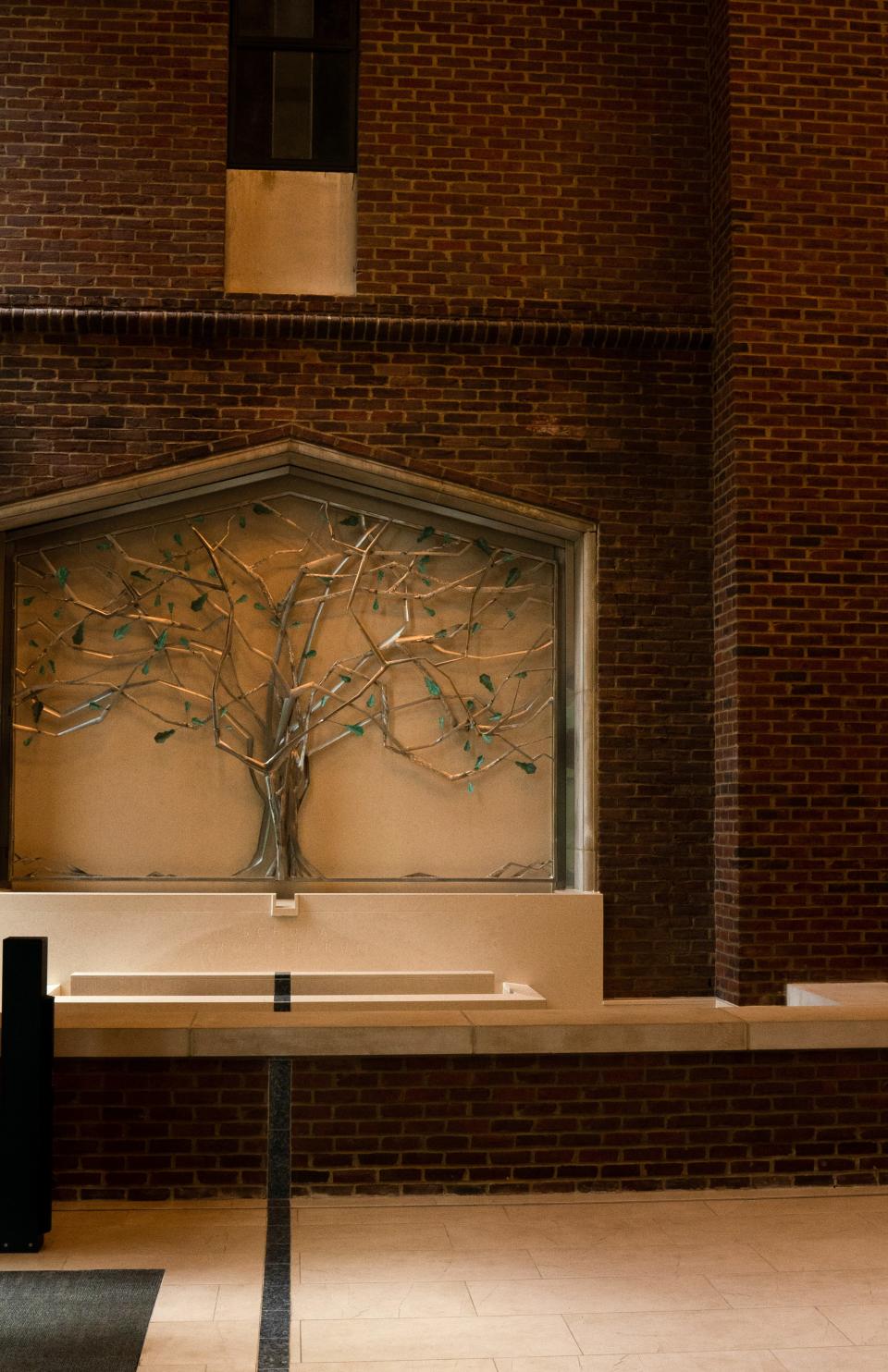
“My general approach to being an administrator is that my job is to create the structures where the faculty staff and students can do their best work,” Townes said. “That often means what I want needs to take the back seat.”
There have been other innovations that blend research with community engagement and education, such as the Lawson Institute for the Research and Study on Nonviolent Movements and a public theology and racial justice collaborative.
With growth, however, there’s also been loss.
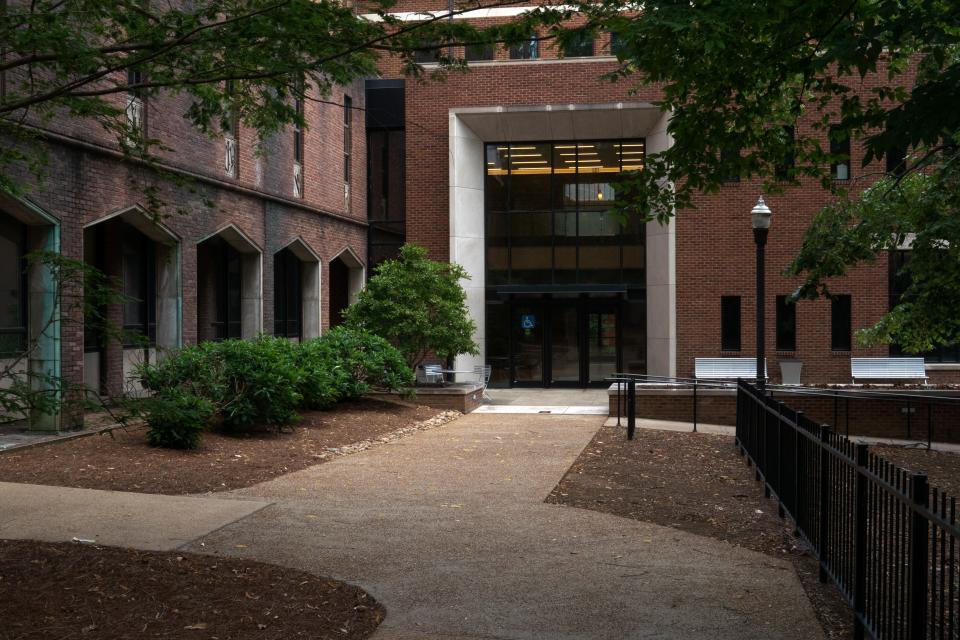
In the last decade, Vanderbilt Divinity’s total full-time enrollment dropped by 49% and its full-time master of divinity enrollment by 63%, according to according to Association of Theological Schools data. The declines are consistent with national trends in theological education, according to the Religion News Service.
Master of divinity students historically accounted for at least 60% of total students. But last year, 60 of the 124 full-time Vanderbilt Divinity students were master of divinity students.
From diverse learning environment comes innovation in to meet shifting ministry needs
Vanderbilt Divinity has been a pioneer in the way it challenges students to think. But the charge going forward is how it trains those students to lead.
“Congregational ministry as we know it is transforming,” said the Rev. Jennifer Bailey, who graduated from Vanderbilt Divinity in 2014. Bailey, also on staff at a Nashville church, is the founder and executive director of Faith Matters Network, an organization focused on equipping and empowering faith leaders to respond to injustice.
Faith Matters Network programs include movement chaplaincy, or training chaplains to support organizers in social movements, and a cohort-based initiative that brings clergy together around a specific issue or need, such as bridging divides in a certain community.
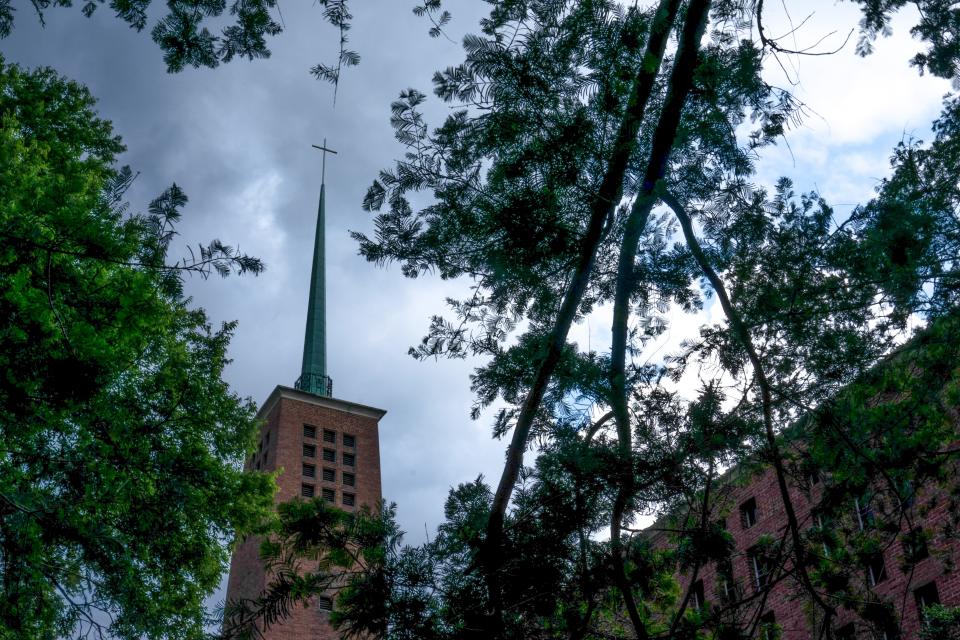
Bailey and Bennett’s stories are examples of the innovative thinking that Pierce said will be necessary to meet the shifting religious and spiritual needs.
“You absolutely cannot do this work at the academic level or a community centric level without taking into consideration the shifting and changing demographics,” said Pierce, the new dean.
Recent Tennessee faith advocacy news: Tennessee clergy and their congregants march on state Capitol to protest gun violence
The learning environment is of equal importance to the class offerings in order to prepare students for that.
For Bennett, who entered ministry as a second career, that involved learning alongside students who were mostly younger than her.
For others, it’s the growing number of LGBTQ students, particularly those who are transgender. As a sign of the occasional conflict with external political pressures, Townes said there’s been some concern at the divinity school about recruiting trans students and faculty due to Tennessee’s recent efforts to ban drag shows and gender-affirming care.
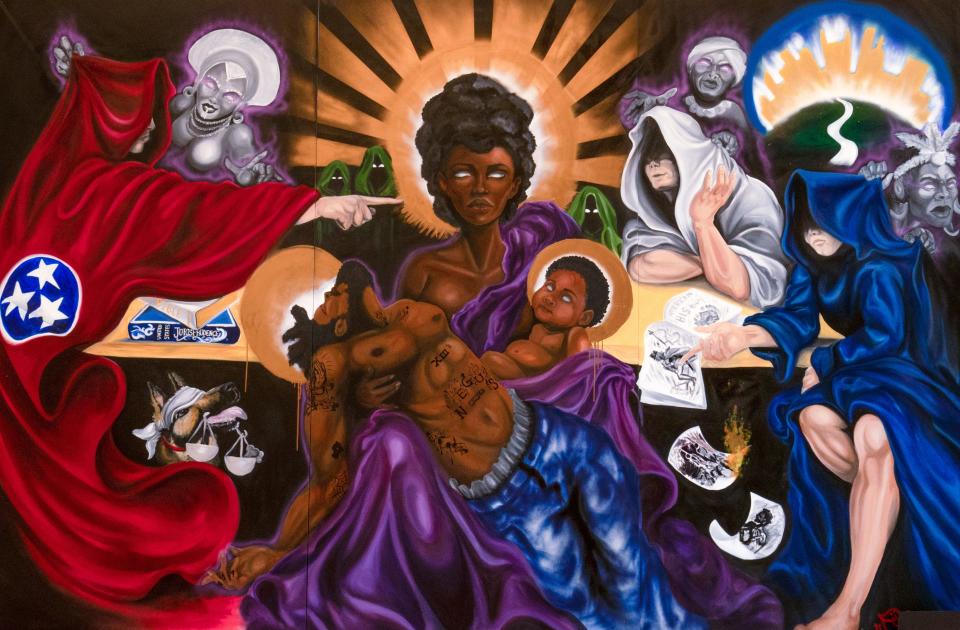
Facilitating a learning environment for students who graduate into progressive religious spaces, however, shouldn’t come at the expense of students who don’t.
For example, a notable share of Vanderbilt Divinity students become ordained in the United Methodist Church — 70 between 2011-2020, according to UMC General Board of Higher Education and Ministry data — a denomination currently wrestling with and splintering over the issue of LGBTQ rights.
“You want an environment where people share some of their ethos but also come from very different places and very different backgrounds,” Pierce said. “It creates a dynamic tension that stretches all of us.”
About Vanderbilt Divinity graduates
Among students who graduated from Vanderbilt Divinity in the 2021-22 school year, here’s where they ended up, according to divinity school data.
24% went into congregational ministry
18% went into nonprofit work or teaching
10% chaplaincy
20% furthered graduate action, such as pursuing a Ph. D.
Liam Adams covers religion for The Tennessean. Reach him at ladams@tennessean.com or on Twitter @liamsadams.
This article originally appeared on Nashville Tennessean: How Vanderbilt Divinity challenges religious status quo amid new dean

